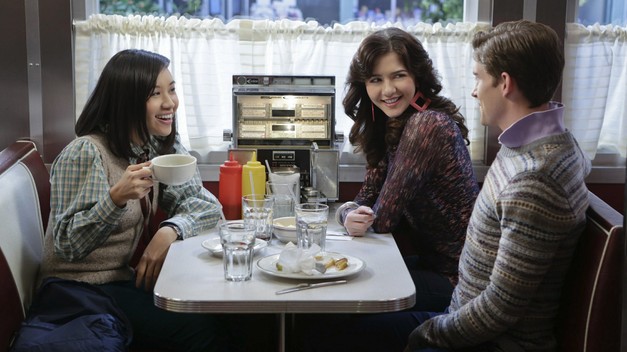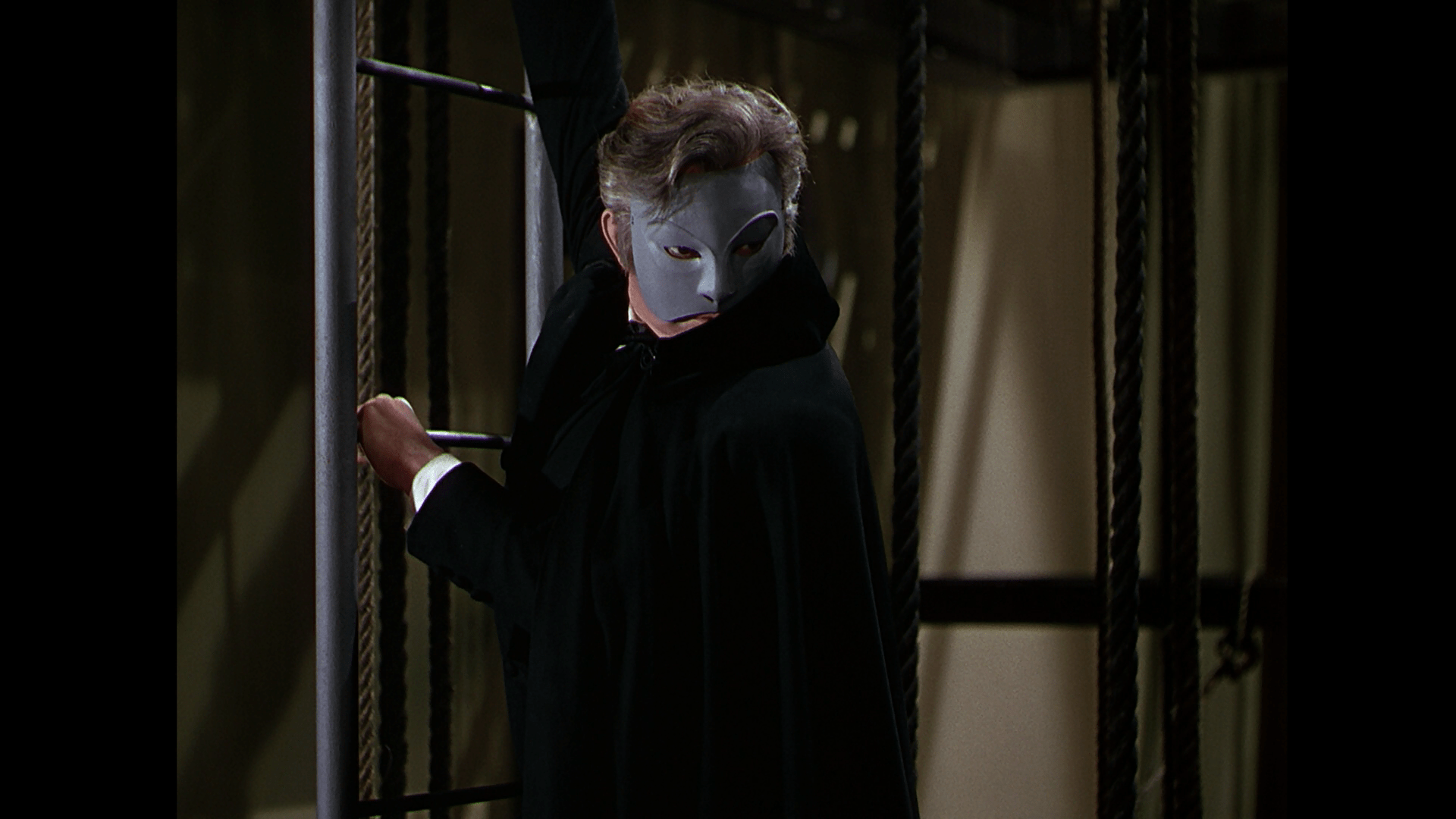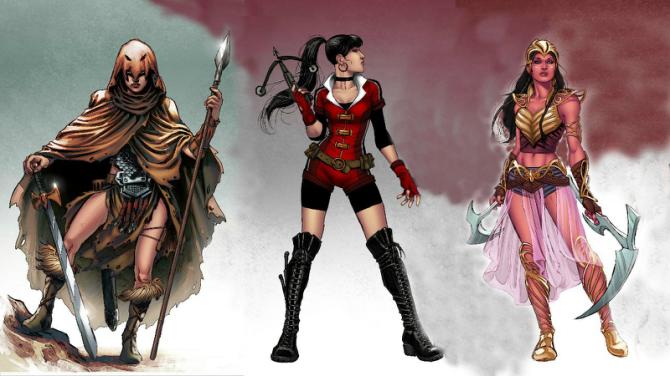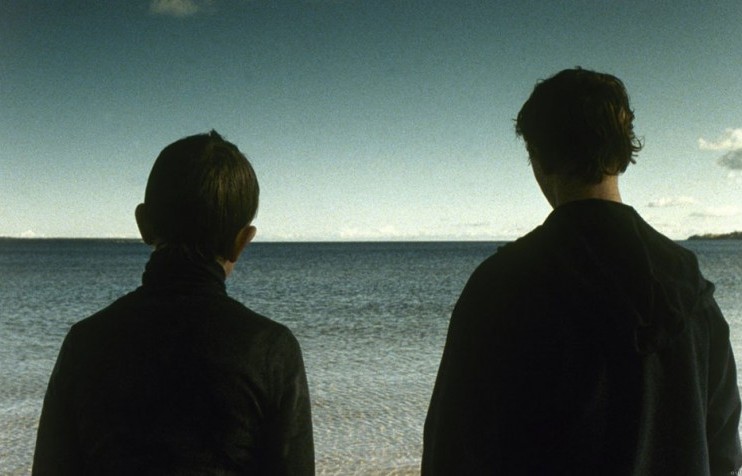Fargo, Season 2, Episode 3, “The Myth of Sisyphus”
Written by Bob DeLaurentis
Directed by Michael Uppendahl
Airs Mondays at 10pm (ET) on FX
The title of this week’s episode references Albert Camus’ essay on the philosophy of the absurd, specifically the titular fourth chapter, which tells the story of Sisyphus, a man doomed by the gods to push a boulder up a hill, only to watch the boulder fall down, where he’d begin pushing it up the hill again. It is Camus’ metaphor for the modern life in the shadow of the Industrial Revolution and of course, the framing device for Fargo season two’s terrific third episode, an hour that explores the futility of men fighting against the inevitability of the world, about how no matter how many times we push the boulders in our lives up hills, there’s still plenty of slippery shit laid along that path to ensure they roll back to the bottom once again.
For some characters, these boulders are more immediate, like Betsy’s slowly-progressing cancer (she’s still surprised she has hair at this point in her chemo treatment) or Dodd’s masculinity complex, which rears its ugly head at various points in the day, both in conflicts with his mother and his daughter (apparently he had four of them, a wonderful touch of irony). And then there are the long, slow boulders, the ominous ones Fargo‘s second season is building its sense of tension around: Though we don’t know what eventually happens in Sioux Falls, we know it’s bad, and it’s something that profoundly affects Lou’s life, so watching him nearly get himself killed twice in the same episode just trying to hunt down the most menial clues in Fargo gains even more poignancy in the larger context of Fargo‘s timeline. Take an inch from the boulder and eventually it’ll end up costing a mile, a lesson that Skip learns in the most unfortunate manner in this episode, a victim of Dodd’s relentless pursuit of finding Rye and simultaneously cleaning up his loose ends.
That feeling of perpetual pointlessness spreads to Peggy and Ed. As confident as Peggy is that crashing the car will clean up the remaining evidence of her little hit-and-run incident (which Betsy comes alarmingly close to figuring out; the feminine instincts of the Solversons clearly comes from Molly’s mother), it’s pretty obvious Ed knows none of this is going to end well, especially as Peggy tries to embrace both her best and worst selves at the same time. Ed’s helplessness in the situation both creates a powerful juxtaposition of Peggy’s quest for feminine independence (she already holds all the cards in her marriage, she’s just figuring out how to use them) and presents just how impossible it is to escape the swinging pendulum of fate. He can be the best, most supportive husband in the world, but it’s already too late for him, a fact that’s dawning on him a little quicker than it is with Peggy.
All in all, this is another two-pieces-of-pie kind of Fargo episode, and considering we’re only in the third episode, it suggests the tension is going to reach fever pitch when it begins careening towards its climax. As an hour of world-building and thematic parallels, though (like the obvious futility of the Gerheardt’s going to war with the KC mafia), “The Myth of Sisyphus” is an undeniably strong hour, led by the symbolic irony of Skip’s tie, which has been pulled, yanked, shoved into things, tightened, and squeezed over the course of three episodes. Eventually, all the boulders these characters are trying to carry are going to crush them, and while they might not all end up sticking out of a hot tar-filled grave, they’re going to come screaming back down that metaphorical hill at some point, and it’s not going to be pretty.






